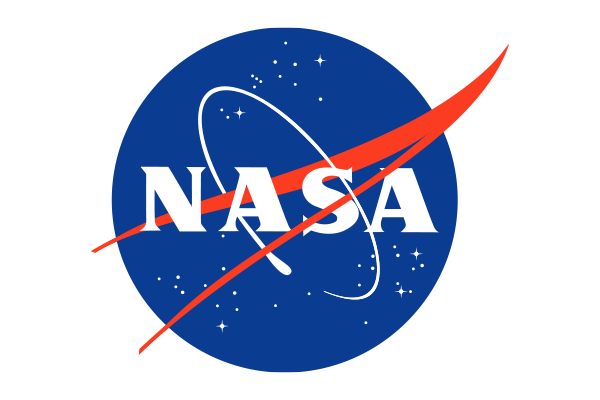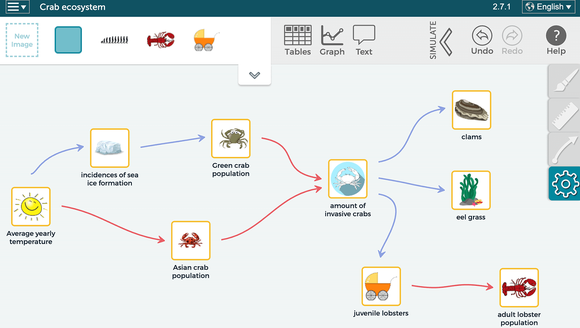Learning Ecosystems Northeast (LENE)
Investing in the transformative power of communities and educators.
To tackle ever evolving climate challenges, it's critical that everywhere youth go in their community – from the classroom, to the library, to parks, and after school clubs – they encounter caring adults who express interest in science and demonstrate the relevance of STEM skills for issues facing their communities. That’s why we are forging peer communities that connect educators of all kinds to foster climate and data literacy in youth.
Learning Ecosystems Northeast
LENE leverages components of many GMRI educational opportunities.
-
![Learning Resource Hub]()
Learning Resource Hub
Across all of our educational efforts at the Gulf of Maine Research Institute, we've created compelling curriculum resources targeting middle school learners. Through our resources, …
-
![Connected Learning Ecosystems (CLEs)]()
Connected Learning Ecosystems (CLEs)
Across our education efforts we support educators with professional learning opportunities that help them engage students in authentic science learning experiences. Workshops introduce educators to …
-
![Community Science in Classrooms]()
Community Science in Classrooms
In classrooms, it is more important than ever that students have access to authentic science experiences and content that build a strong foundation for them …
-
![Educator Professional Development]()
Educator Professional Development
Across our education efforts we work to support teachers and educators with professional learning experiences that serve to help them engage students in more authentic …
-
![Findings from the Field]()
Findings from the Field
A unique opportunity for students to engage in critical elements of the scientific process: the writing, peer review, and publication of results.
-
![Science Center Community of Practice]()
Science Center Community of Practice
GMRI and its science center partners are developing ways to engage science center visitors in data-rich investigations of changing ecosystems using locally relevant examples. This …
What is Learning Ecosystems Northeast?
Learning Ecosystems Northeast (LENE) is a NASA-funded collaborative partnership with the Gulf of Maine Research Institute (GMRI), 4-H, Maine State Libraries, Wabanaki Youth in Science, Gateway Community Services, and science centers across the Northeast. LENE supports a network of regional learning ecosystems called Connected Learning Ecosystems (CLE) focused on building partnerships and pathways that provide youth with opportunities to engage in locally relevant climate connected learning experiences.
What are Connected Learning Ecosystems, what do members do, and how do I join one?
Connected Learning Ecosystems (CLEs) are peer communities of formal and informal educators and learning experience designers who are working together to build a climate literate generation. They gather locally and virtually to learn with and from one another in order to increase everyone’s (youth and adults) comfort and confidence around climate change topics while they work towards the collaborative implementation of ideas that arise in their ongoing conversations. One of the goals of CLEs is to work together to engage youth in place-based, locally relevant investigations of ecosystems and climate change that are connected across formal and informal learning spaces.
Anyone interested in joining a CLE can email Molly Auclair or visit Learning Ecosystems Northeast to learn more about CLEs near you.
Project Sponsor

This material is based upon work supported by NASA under grant number NNX16AB94A. Any opinions, findings, and conclusions or recommendations expressed in this material are those of the author(s) and do not necessarily reflect the view of the National Aeronautics and Space Administration (NASA).









